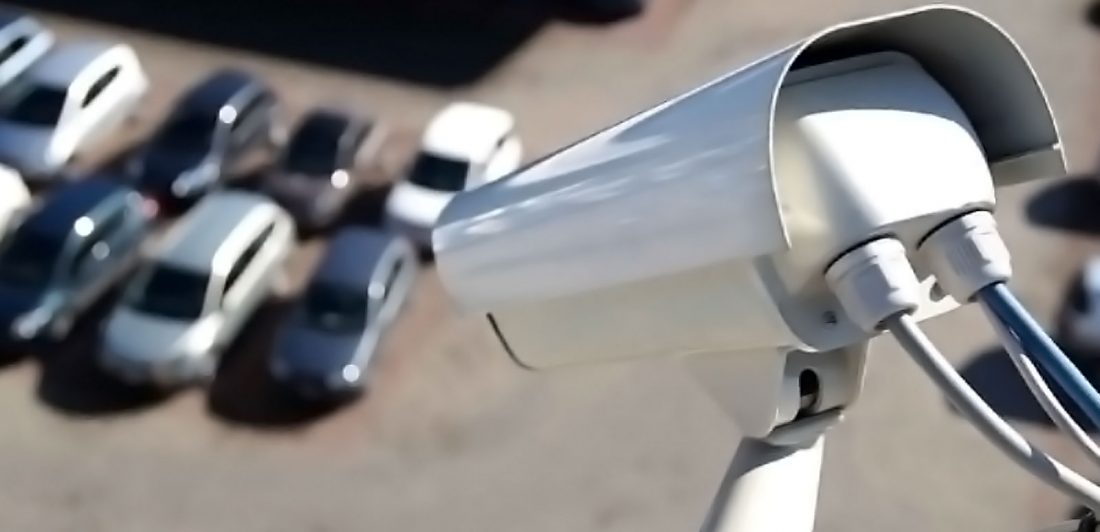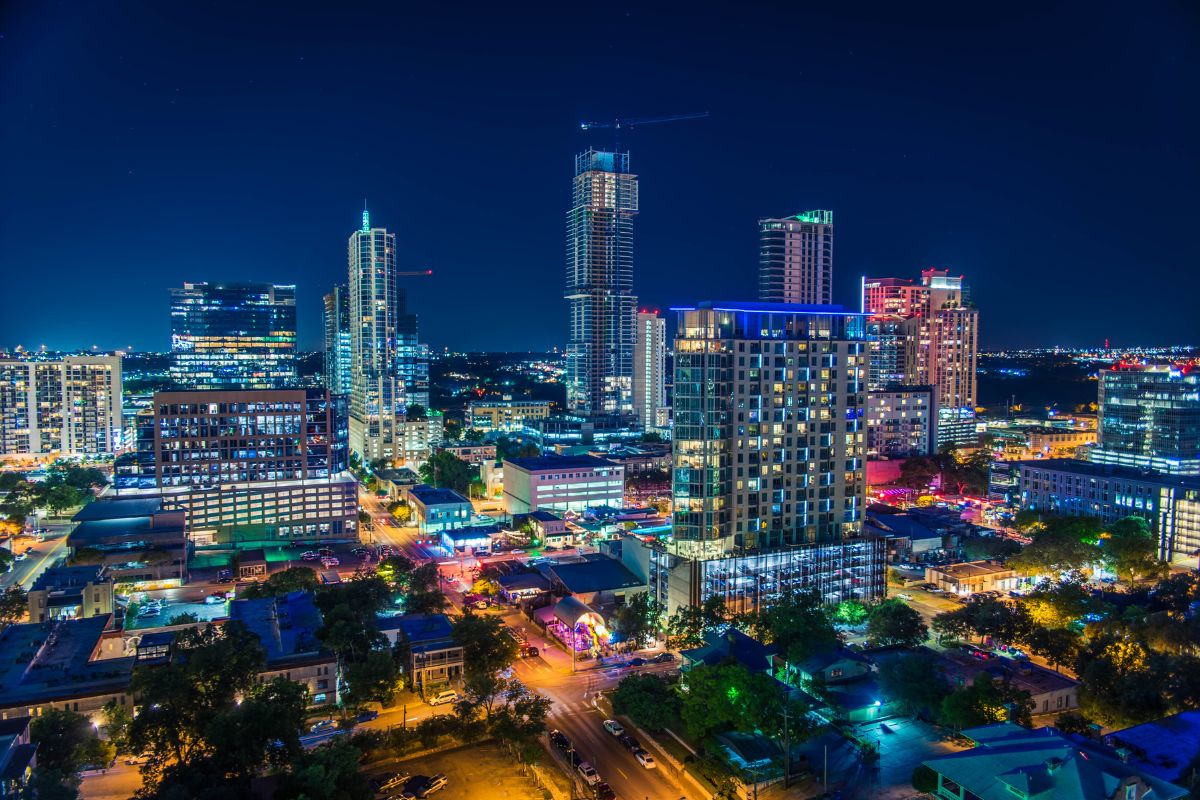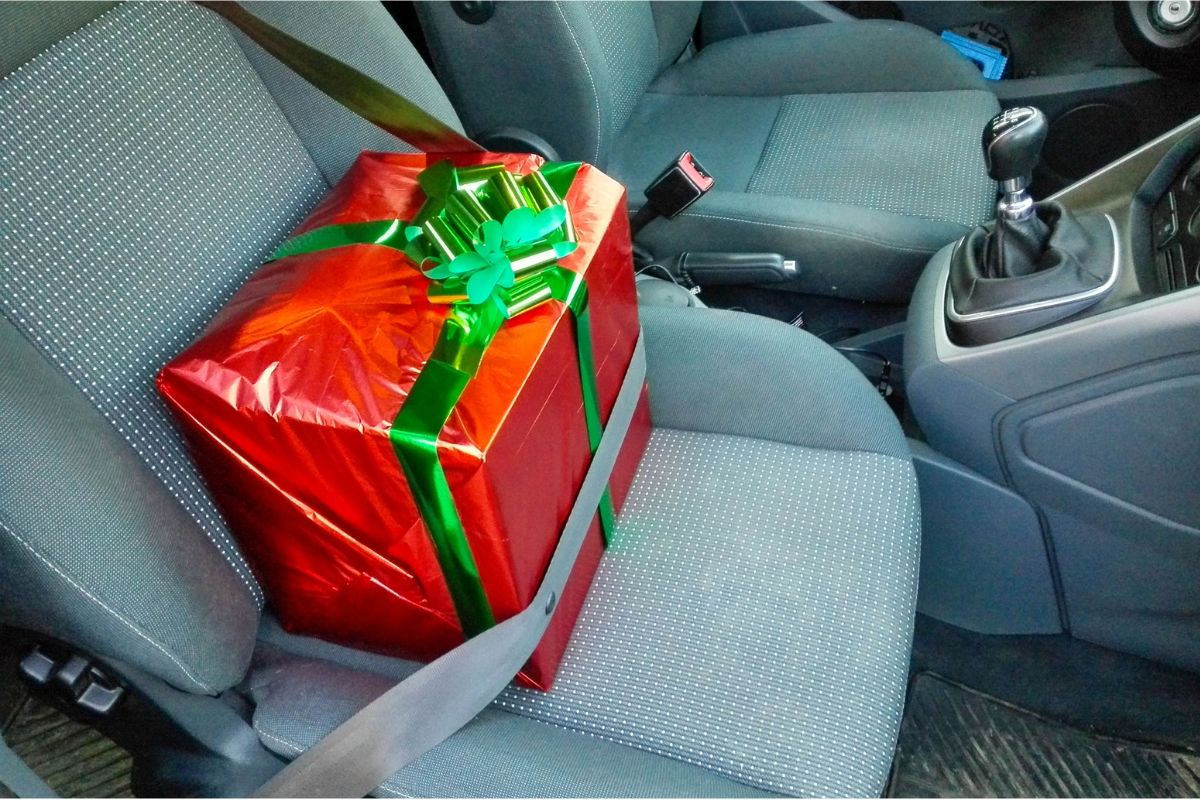Inadequate security lawsuits in Texas hinge on a business or property owner being aware of security risks that exist on their property but fail to take proper security measures to address such dangers. While no one is capable of predicting when an assault, robbery or other violent crime will occur, it is possible that a lack of security contributes to violent criminal acts. Because of this security intended to deter violent crimes should be a top priority for property owners.
While it is true that property owners in Texas are generally not held liable for the criminal activities of a third party, under certain circumstances, a victim of a violent crime may be able to seek civil redress against a property owner. Property owners have an obligation to protect customers or guests from potential threats. When property owners fail to implement security measures to discourage foreseeable criminal activity, they can be held liable through Texas’ premises liability laws. If you are the victim of an assault or other crime, you may be able to seek compensation through an inadequate security lawsuit.
What is Inadequate Security?
Inadequate security, sometimes called negligent security, occurs when a business fails to provide adequate or reasonable security measures to prevent violent crimes against a tenant or customer. In most inadequate security cases, the victim suffered injuries stemming from:
- Criminal assaults
- Robberies
- Rapes
- Other violent attacks
For example, let’s say a customer uses an ATM inside of a convenience store. After receiving the money, the customer begins walking to his or her car but is robbed at gunpoint and seriously injured in the store’s poorly-lit parking lot. The store may try to claim that they are not at fault for another party’s actions. However, the store was aware of this danger because three other similar robberies occurred in its parking lot within the last six weeks. During this time, the store did not install security monitoring equipment. Nor did the store bother to fix a lamp post in its parking lot to help deter the crime. The store’s failure to implement reasonable security measures to prevent further robberies may leave it open to being held liable for inadequate security.
Common examples of inadequate security include the following:
- Broken or lack of security cameras
- Failure to alert guests of known risks or dangers
- Inadequate lighting in dark areas
- Improperly trained security personnel or patrol
- Failure to respond to a security alert or emergency call
- Failure to repair broken physical barriers including gates, locks, fences and doors
Where Can Inadequate Security Occur?
Negligent security can occur practically anywhere that is open to the public. While the latest FBI statistics report that violent crime is down, no matter where you go there is no guarantee of safety. When a business does not practice proper security to protect its patrons, they open themselves up to an inadequate security claim. An injured party may file a lawsuit against:
- Apartment complexes
- Property management companies
- Gas stations
- Convenience stores
- Hotels
- Parking garages
- Restaurants
- Bars
- Strip clubs
- Other types of retail properties
Inadequate security claims filed against apartment complexes are typically more complicated than others. If you suffered personal injuries while visiting a friend or even in your own home stemming from a violent crime from a third party, contact a qualified premises liability attorney from The Carlson Law Firm to discuss your case. We can help you determine if an inadequate security lawsuit against a landlord or property owner is the right legal option for you.
How to Establish Fault in an Inadequate Security Lawsuit
Inadequate security lawsuits are tricky and require expert investigative skills. Because of this, it is important that you consult with a qualified personal injury attorney. The attorney should have the resources to properly investigate your claim right away. There are several factors that your attorney will have to investigate in order to prove that the property owners or establishment knew of the risks that led to your injuries. Those factors are:
- The proximity of other crimes. Did other crimes occur near the location you were injured?
- Recent, frequent or recurring crimes. Have other crimes occurred on the owner’s property? If so, when, how many and how often?
- The similarity and publicity of other crimes. Have similar crimes occurred in similar establishments? Was there any publicity alerting owners of similar establishments of this danger?
If any or all of the preceding factors are present, then it may be reasonable to assume that the property owner should have taken reasonable security measures. For example, if there has been extensive news coverage on a string of crimes occurring in major retail chain parking lots with poor lighting, then it is reasonable to assume the business should have corrected its lighting to prevent any such crimes from occurring on their property.
These factors build your case against an inadequate security claim. While these may seem easy to prove, it actually involves speedy and aggressive investigating and gathering of evidence. If you suffered injuries on another person’s property, speak to a personal injury as soon as possible. The sooner you contact an attorney, the better evidence can be found and preserved. Your attorney will begin compiling:
- Police reports
- Witness interviews
- Crime statistics
- Preservation of social media posts
- News reports
- Video or photographic evidence
The Conduct of Patrons: What is Adequate Notice?
A night on the town with good friends should end with good memories—not personal injuries.
In some cases, the conduct of a patron or group of people can serve as adequate notice of a potentially criminal act. In these situations, the property owner must take steps to prevent the possibility of a criminal assault.
For example, if a rowdy person in a bar is noticeably drunk and yelling obscenities at the bartender, then a reasonable security measure is removing the person from the premises. However, if the bar fails to do so and this person starts a fight with another patron, then it ignored the warning signs of potentially criminal conduct.
Another example of adequate notice would be if the bar let in a person with a history of starting fights at the establishment. With this knowledge, the bar has an obligation to exclude this person from its premises in order to protect others.
The Carlson Law Firm Can Help
Inadequate security cases can be complex. They require expertise from a qualified premises liability attorney with the resources to thoroughly investigate your claim. The Carlson Law Firm has more than 40 years of experience representing clients and protecting their rights. If you or a loved one were injured because of a business or property owner's negligent security, contact The Carlson Law Firm.
We will fight for you to get the compensation that you deserve. Contact us today to schedule a free, no-obligation consultation with a qualified inadequate security lawyer.




